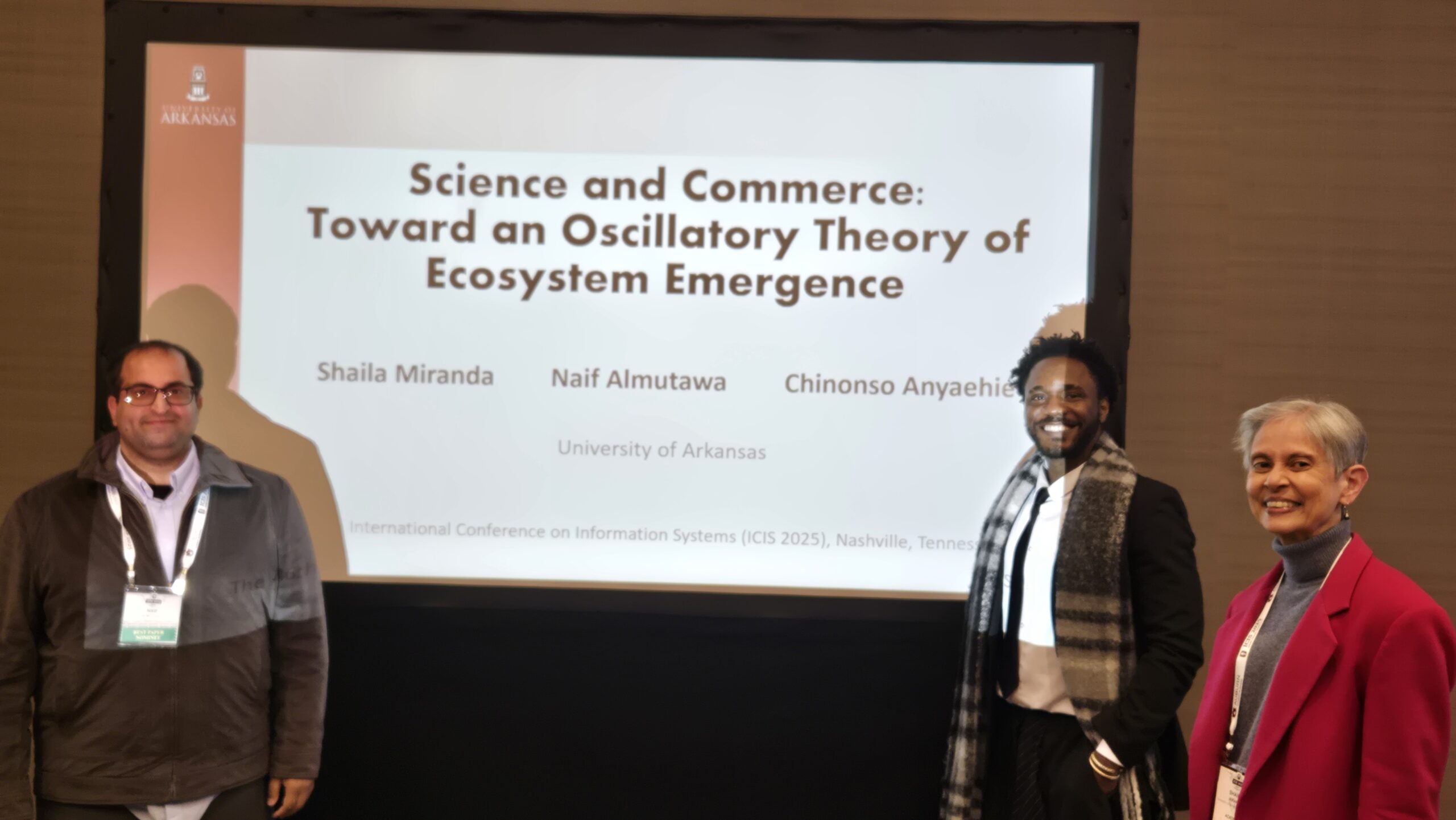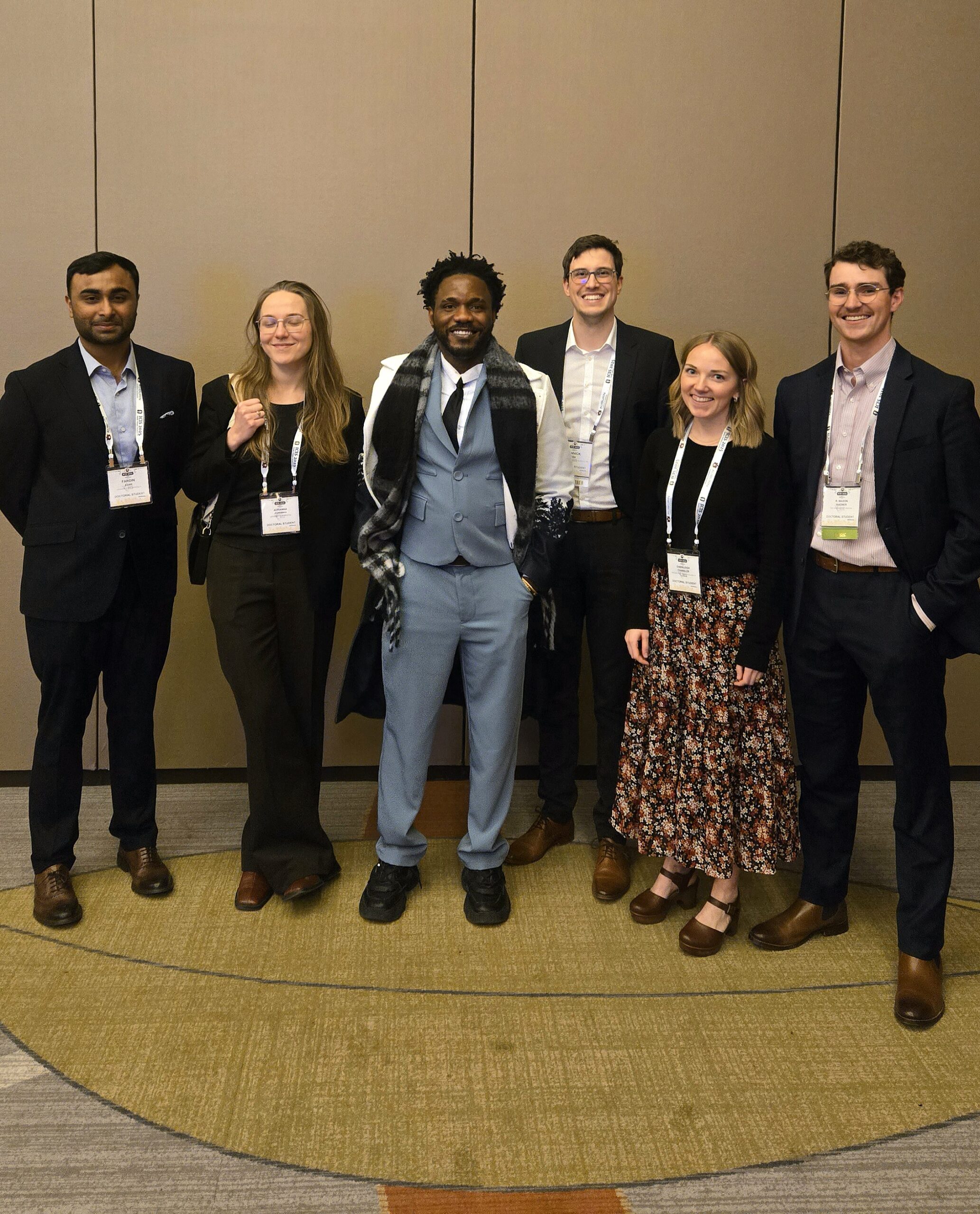Inspiration Sparks Action
A few years ago, I read How to Blog a Book by Nina Amir. Her concept completely changed how I viewed sharing knowledge. She taught me that by crafting a unique subject angle, writing consistently, and engaging readers, you could create a compelling “blog book.” More importantly, you could build enough momentum to attract publishers. But what struck me most wasn’t just the book idea—it was the realization that everyone needs a personal brand, especially in academia.
Few years, I got into a PhD program, I launched isscholar.com as a space to put Nina Amir’s lessons into practice, this time blogging a PhD. I began blogging about the academic topics I was exploring, the classes I was taking, and the research findings that fascinated me. This small step not only helped me stay organized; it also began drawing in readers who were curious about my journey.
You Have Access to Endless Resources Right Now
When you’re a college or graduate student, you have unprecedented access to resources:
- World-class libraries
- Top-notch faculty and peers
- Research tools and databases
- Campus events and networking opportunities
I found that as I wrote about my own learning experiences on isscholar.com, I was engaging with classmates and professors who helped shape my thinking. This elevated both my knowledge base and my online presence. It was like having a built-in focus group for testing ideas, receiving feedback, and growing a network.
Learning in Real-Time = Content Goldmine
In graduate school, you’re bombarded with new information daily. For me, this was both exhilarating and overwhelming. One day, I’d attend a seminar on advanced machine learning; the next, I’d be knee-deep in literature for a humanities elective. Instead of letting the overflow of ideas simply fade away, I documented it.
- Blog Posts: Summaries of what I learned in class or discovered through research
- Podcast Episodes (if that’s your thing): Interviews with classmates or professors discussing a relevant topic
- Videos or Tutorials: Simple demonstrations of complex subjects (even if just recorded from your phone)
This approach not only helped me internalize knowledge; it also created a searchable archive on my website. Over time, these pieces formed a kind of digital library—both for myself and others who found my content helpful.
Real-World Benefits of a Personal Academic Brand
Through isschola.com, I saw firsthand the benefits of building an online platform:
- Growing My Audience: I gradually attracted students, researchers, and professionals who valued my insights.
- Establishing Thought Leadership: Sharing consistent, high-quality content signaled to people that I took my field seriously.
- Networking & Collaboration: I connected with researchers from different parts of the world who reached out with questions, ideas, or invitations to collaborate.
- Earning Passive Income: Over time, I monetized aspects of my blog via ads and affiliate links, providing a small but meaningful income stream.
These results were unprecedented for me—proving that a personal brand could open doors I never even knew existed.
Lay the Foundation Before You Graduate
I strongly believe the best time to start your personal brand is during college or grad school. Here’s why:
- You’re in a Learning Environment: Every day brings fresh insights that can fuel your blog, podcast, or video content.
- You Have Ready-Made Support: Your professors and peers can offer feedback and even become your first subscribers.
- You’re Building for the Future: By the time you graduate, you’ll already have an established platform—putting you leagues ahead in job searches or PhD applications.
Looking back, if I had waited until after graduation to start isscholar.com, I would’ve missed out on countless opportunities. The sense of community and feedback I gained was invaluable.
Managing Information Overload
There’s no denying that AI and technology have made learning both simpler and more overwhelming. The volume of daily content is immense. That’s exactly why you need a home base—a website you own—where you can store class notes, research highlights, and your personal reflections.
- Easy Retrieval: When exam time rolls around, or when you need material for a thesis, your archives become a goldmine.
- Organized Learning: Tagging and categorizing posts helps you (and others) navigate your material easily.
- Reinforced Understanding: Crafting blog posts or podcasts about complex topics challenges you to really learn the material.
Using Your Platform to Teach Others: hackuniversity.ai
Inspired by the success of isschola.com, I partnered with a colleague to launch hackuniversity.ai. Our mission is to guide college students through the exact steps I took—helping them excel academically while simultaneously building their online brands.
- Workshops and Courses: We offer targeted resources on content creation, time management, and research organization.
- Community Support: A network of like-minded students who can collaborate, critique, and push each other forward.
- Life Skills Beyond Grades: Recognizing that academic excellence is only one part of a fulfilling, impactful life.
8. It’s More Than Just Grades—Build Something Tangible
One of my core beliefs is that if you go through college and only leave with a certificate, you’ve missed an opportunity to create something lasting. Sure, grades matter, but they’re not a complete representation of your capabilities. A personal website and brand, filled with evidence of your growth, projects, and reflections, speaks volumes to potential employers, collaborators, and even graduate admissions committees.
Robert Greene once said,
“Do not leave your reputation to chance or gossip; it is your life’s artwork, and you must craft it, hone it, and display it with the care of an artist.”
9. How to Get Started Right Now
- Secure a Domain: Choose something memorable—often your name or a brand concept that resonates with your interests.
- Pick a Platform: Whether WordPress, Squarespace, or Wix, select an intuitive system you can update regularly.
- Outline Your Content Strategy: Decide what you’ll share—course summaries, book reviews, research breakdowns, or industry news.
- Stay Consistent: Publish regularly (weekly, bi-weekly, or monthly) to build traction and credibility.
- Engage Actively: Respond to comments, collaborate with peers, and don’t be afraid to reach out to experts for interviews or guest posts.
Final Thoughts
By starting your academic brand early, you leverage the unique environment and abundant resources that come with being in school. You also cultivate habits—like continuous learning, consistent content creation, and proactive networking—that will serve you long after you graduate.
My own journey—from reading Nina Amir’s How to Blog a Book to launching isschola.com and hackuniversity.ai—proved to me that anyone can do this. If you’re ready to take control of your academic future, build your reputation, and stand out in a competitive market, begin today. Don’t let your ideas, experiences, and achievements go unnoticed—document them, publish them, and watch them shape the legacy you’re creating, right here and now










Leave a Reply